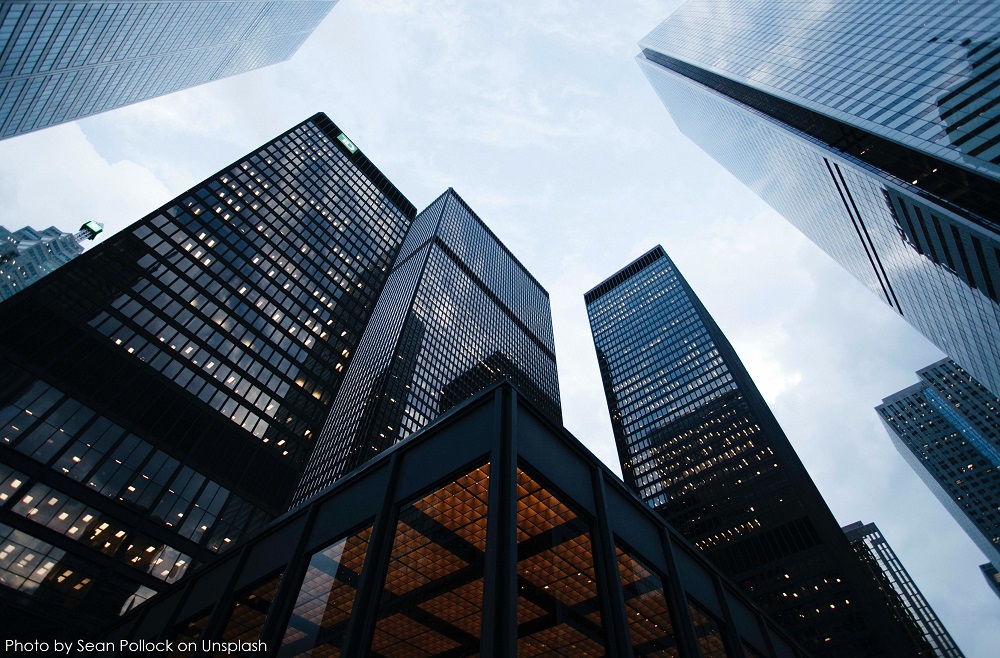Sick building syndrome (SBS) is a common health concern. People’s health and wellbeing might be affected by the places where they work or reside. The amount of time they spend inside these buildings could determine the severity of the syndrome. The syndrome these people are experiencing may disappear after they leave the buildings. The major contributors for sick building syndrome are poor indoor air quality, toxic gases, volatile organic compounds (VOC) and mould.
Features of a Sick Building
-
- The building is near to a highly polluted area such as just next to a waste incineration plant.
- Problems related to pollution inside the building. It could be chemical emission from building materials/furniture/furnishings and synthetic fragrances and perfumes used to deodorize the workplace or as a personal fashion preference.
- Problems related to allergens such as pollen, dust and mould.
Characteristics of a Sick Building
These are some of the characteristics of a sick building.
-
- Poor ventilation.
- High-emission soft furnishings, furniture, carpets, painted surfaces (toxic formaldehyde and VOC).
- Large amount of open shelving and filing.
- Poor standards of maintenance and repair such as lack of cleaning off the dust from office environment.
- Constant polluted indoor air such as tobacco/burning smokes.
- Very low or high humidity that causes skin/eye irritation or growth of mould.
- The presence of fibres in the air.
- Glaring computer display screens.
- Lighting causing high glare and/or flicker (Unified Glare Rating [UGR]).
| UGR | Uses |
|---|---|
| ≤ 16 | Technical drawing. |
| ≤ 19 | Reading, writing, training, meetings, computer-based work. |
| ≤ 22 | Craft and light industries. |
| ≤ 25 | Heavy industry such as production plants with continuous manual operation and furnaces. |
| ≤ 28 | Production plants with occasional manual operation, railway platforms and foyers. |
Check out how our V-Buster and KliqueCare NanoEcoShield™ can help to improve workplace wellness, for a healthier and happier workforce.
Read more: Workplace Health Hazards

